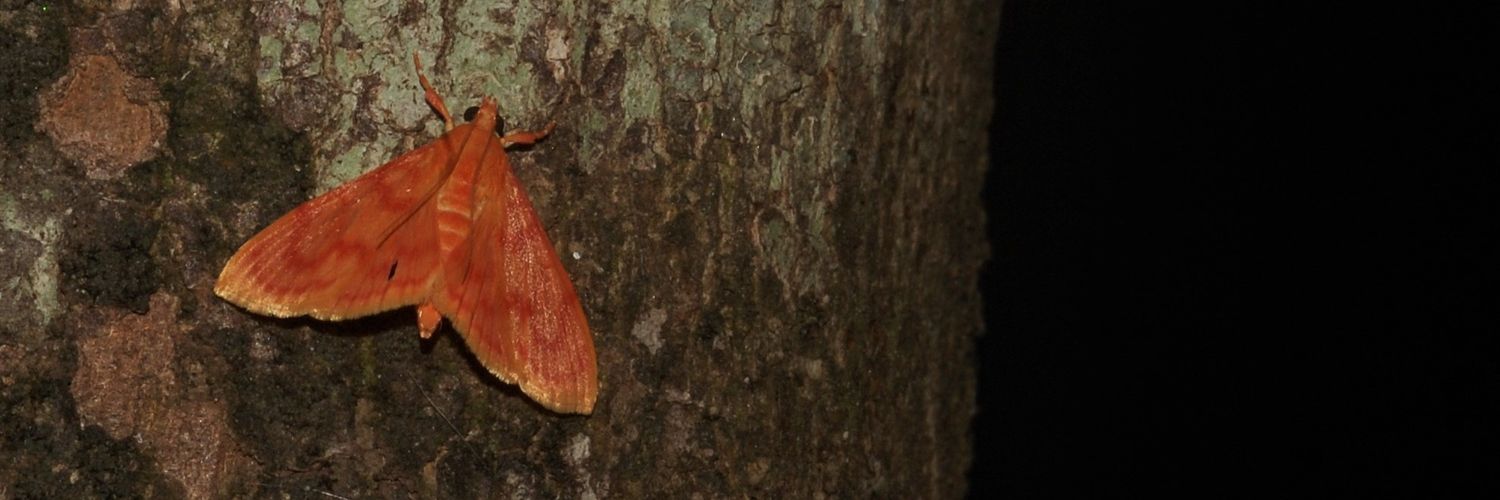
Pritha Dey
@pritha126
Moth biologist | Scientist-in-charge, Research Collections Facility at National Centre for Biological Sciences, Bangalore, India
I am very glad to be a part of the team gathering global evidence of conservation for moths and butterflies. It is the need of the hour to spotlight insect conservation more than ever before!
Browse the evidence for #butterfly & #moth conservation actions in our new @ConservEvidence synopsis: conservationevidence.com/data/index?syn… or download PDF: conservationevidence.com/synopsis/pdf/37 Thanks to reviewers @DirkMaes5 @bonebraking @blackdogbirder @peter_smetacek @pritha126 @ElliTzirkalli @Perpetra..
Thank you!! Humbled and grateful ☺️
#AwardAlert! 🎉Congratulations Dr Pritha Dey for winning the 2024 Journal Awards by the @RoyEntSoc for best paper published in @Ecol_Ent This study was supported by the Research Collections facility at NCBS. @MFS_NCBS royensoc.co.uk/res-journal-aw…
One year since we created this platform for insect scholars! A community dedicated to research, learning and being fascinated by insects! 🙂
🐝.A.P.I.S. – A Platform for Insect Scholars is a growing community for entomologists, ecologists, taxonomists, conservationists & insect enthusiasts. Join to connect, learn & collaborate with insect researchers across India & beyond! 🔗discord.gg/yevJy2Kr More details 🧵👇
Super excited to host a public visit from @SciGalleryBlr ! Register and learn more about museum specimens
Studio/Location Visit: Curious to see biological specimens, and learn how they are collected and studied? Join us on a visit to the Natural History Collections at @NCBS_Bangalore to discover the fascinating world of specimens, with biologist Dr. Pritha Dey @pritha126.
🪲Weaver ants, aphids, bugs and beetles. Today was all about observing the world around us. Snapshots from the nature walk as a part of the field ecology summer camp organized by the Science Education Office for the children of NCBS staff. @SpidersATSea @MFS_NCBS
#Workshop Deadline extended! You can now apply for the workshop 'Technology Platforms for Advancing Biological Research' until the 10th of April 2025! #ApplyNow! Registration Link: lnkd.in/gahu8ss2
#WorkshopAlert Technology Platforms for Advancing Biological Research 🗓️ 2nd May 2025 📍 BLiSc Campus, Bengaluru 🪙 Registration fee: ₹ 700 🔗 Registration Link: docs.google.com/forms/d/e/1FAI… ⏲️ Registration Deadline: 31st March 2025 📧 For queries write to [email protected]
#WorkshopAlert Technology Platforms for Advancing Biological Research 🗓️ 2nd May 2025 📍 BLiSc Campus, Bengaluru 🪙 Registration fee: ₹ 700 🔗 Registration Link: docs.google.com/forms/d/e/1FAI… ⏲️ Registration Deadline: 31st March 2025 📧 For queries write to [email protected]
The 12th @ForumHerbulot just concluded! I have known these people since I began studying moths, who taught me a lot, and now I can affectionately say they are friends :) A wonderful week spent amidst South African moths and hospitality!
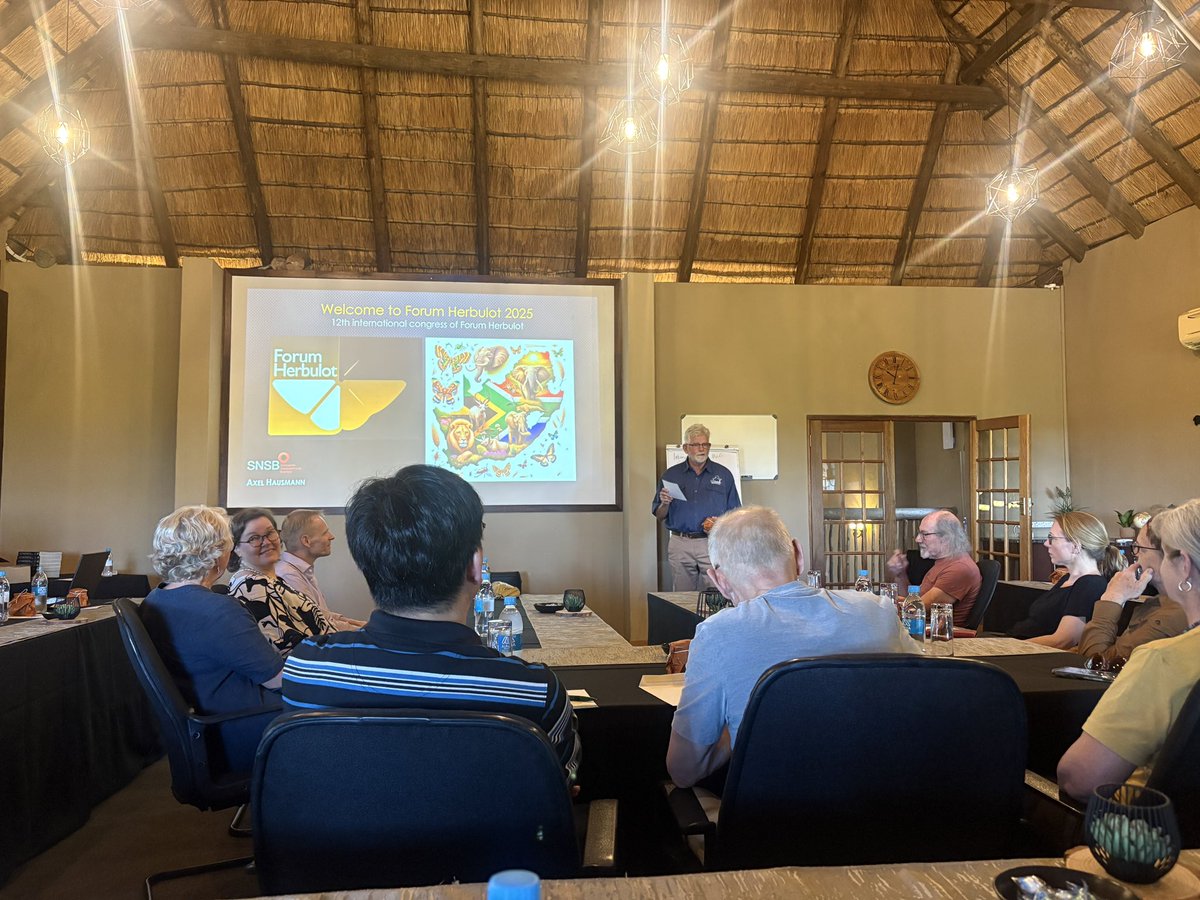
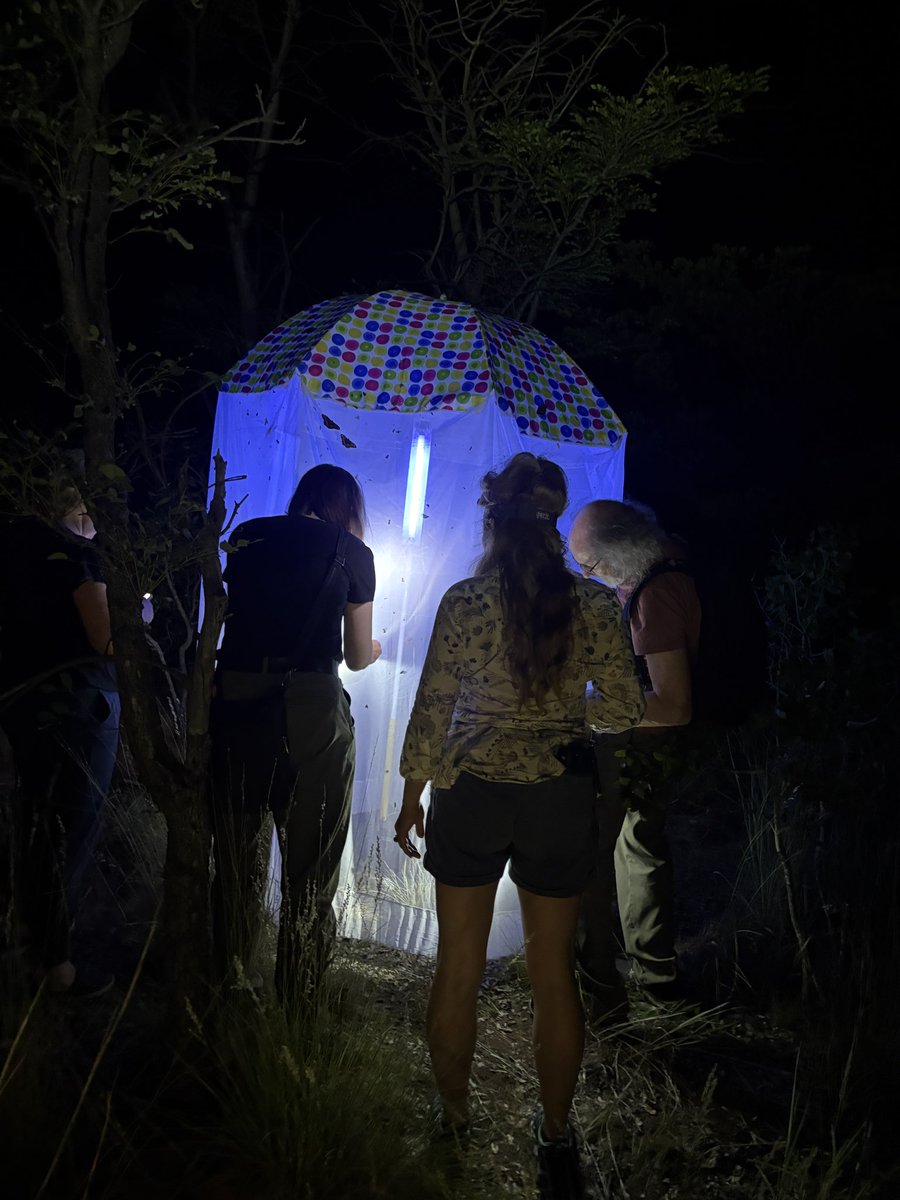
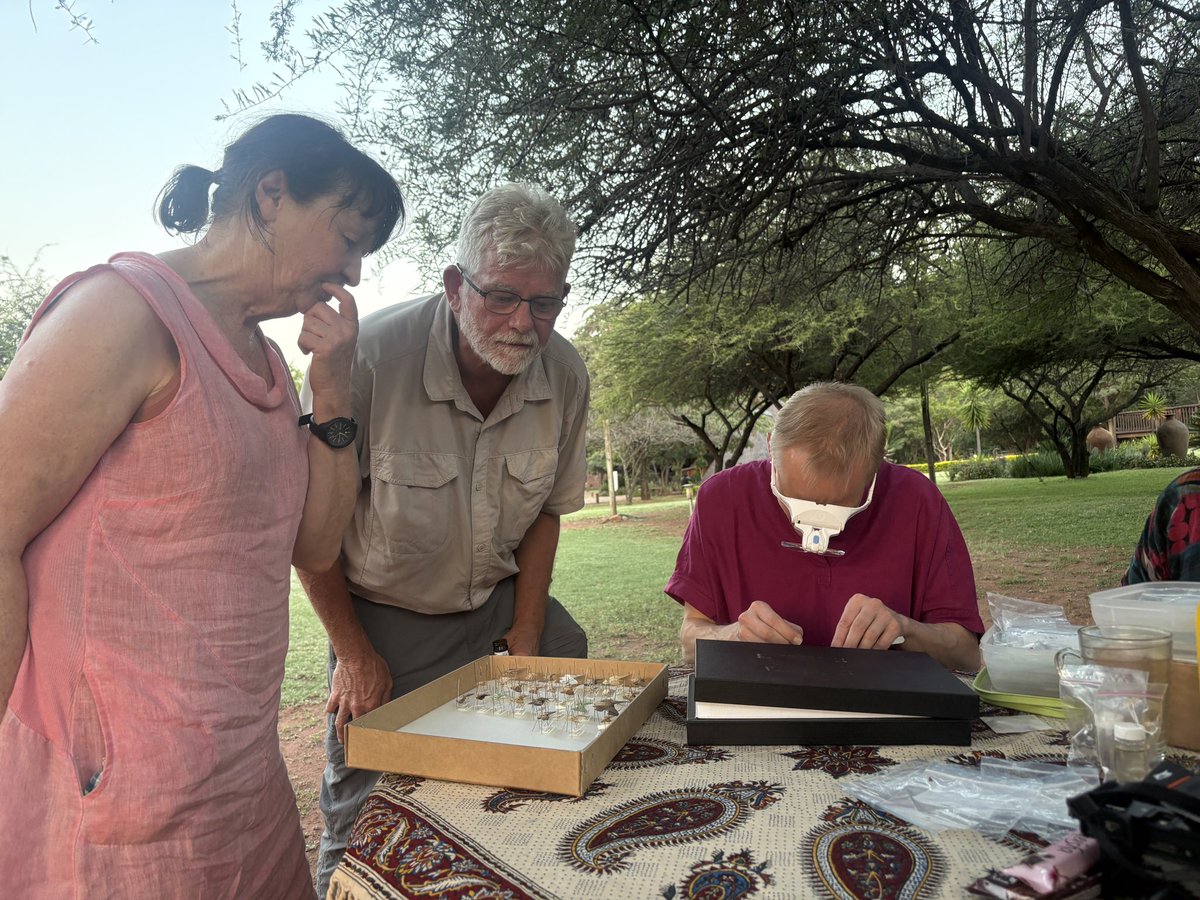

An important article about the decline of Fieldwork-based research and education in ecology. Extinction of experience among ecologists: Trends in Ecology & Evolution cell.com/trends/ecology…
Several faculty of Centre for Ecological Sciences, IISc have put together an online course on Fundamentals of Ecology, to be offerred via NPTEL platform from Jan 2025. Check here for more details: onlinecourses.nptel.ac.in/noc25_ge14/pre…
What is state of India’s insects? We organised to draw up a blueprint for their future. Taxonomy, technology, citizen science and building natural history are some of the dimensions which are becoming increasingly crucial to understand insect populations in India. #insects
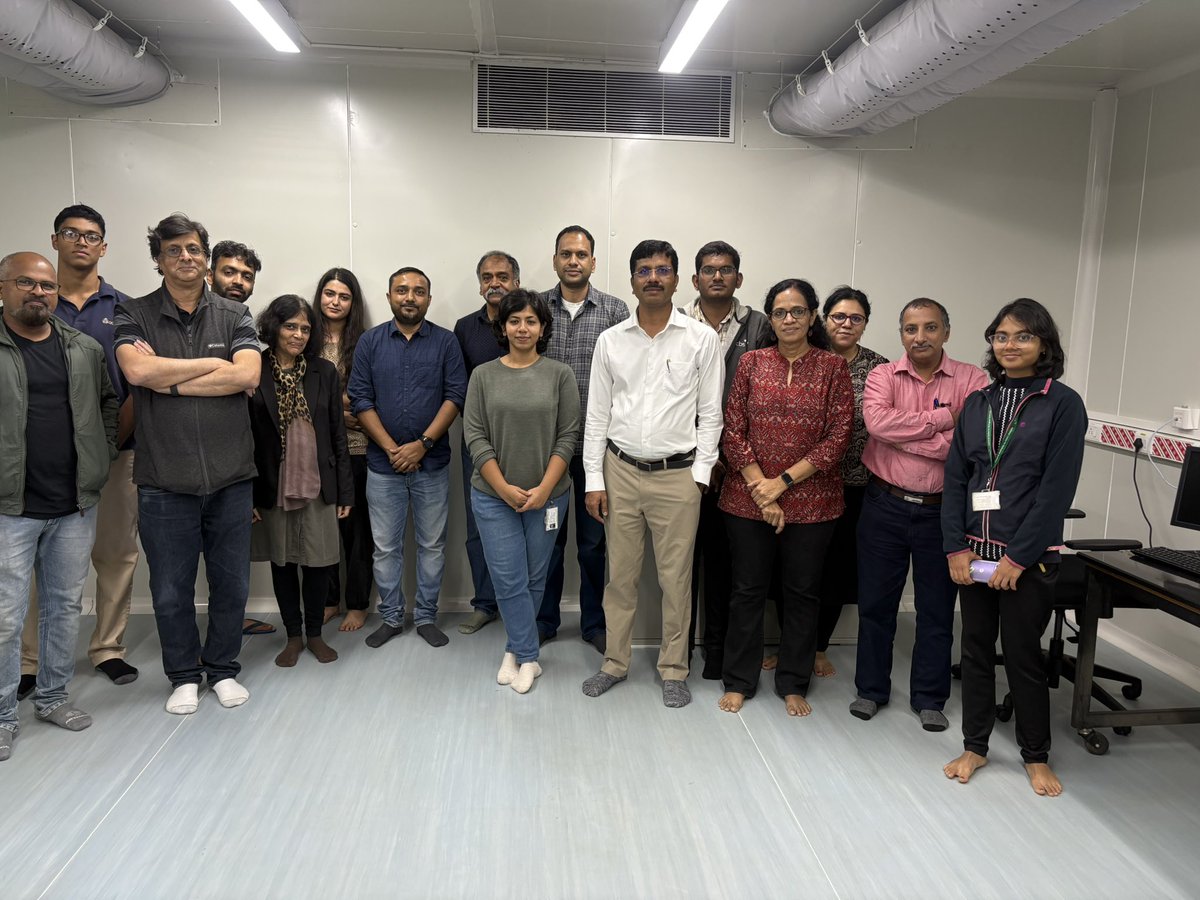
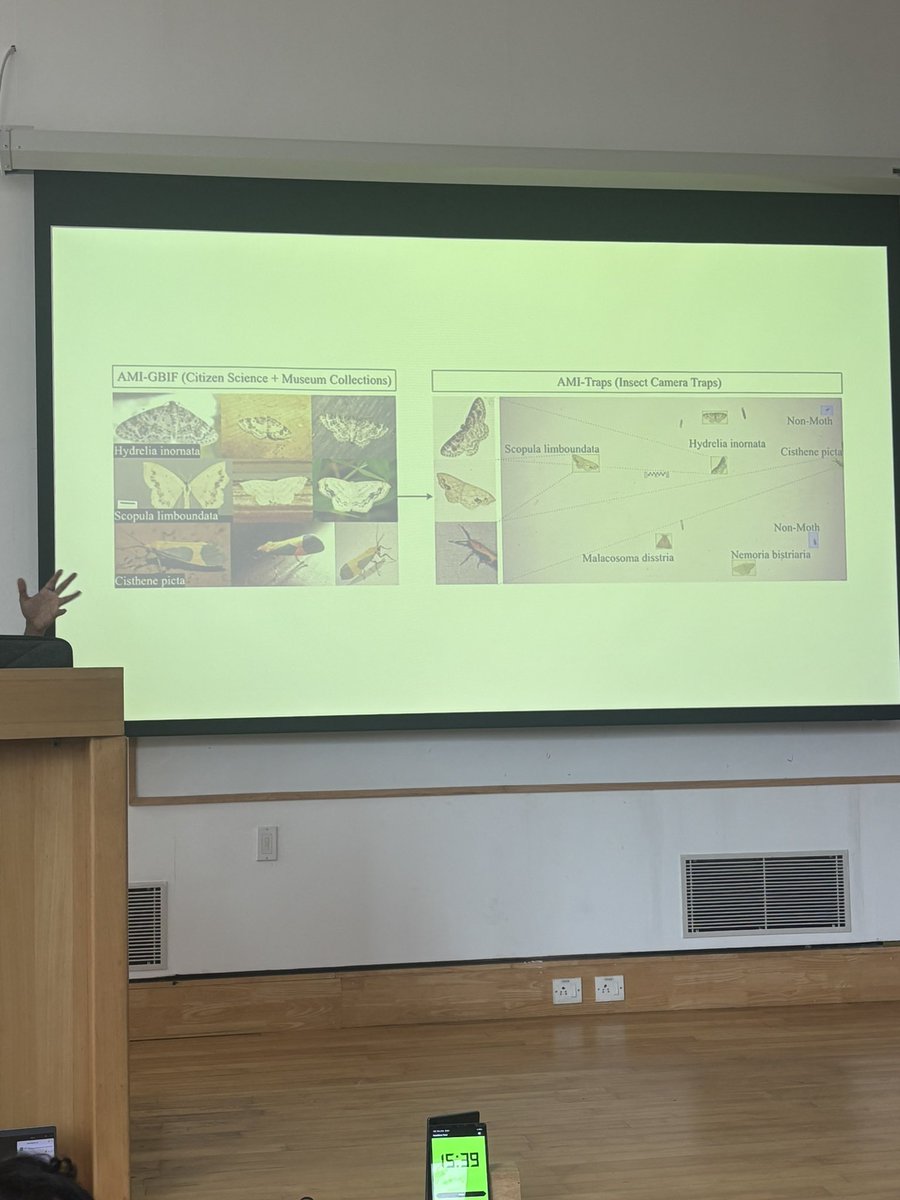
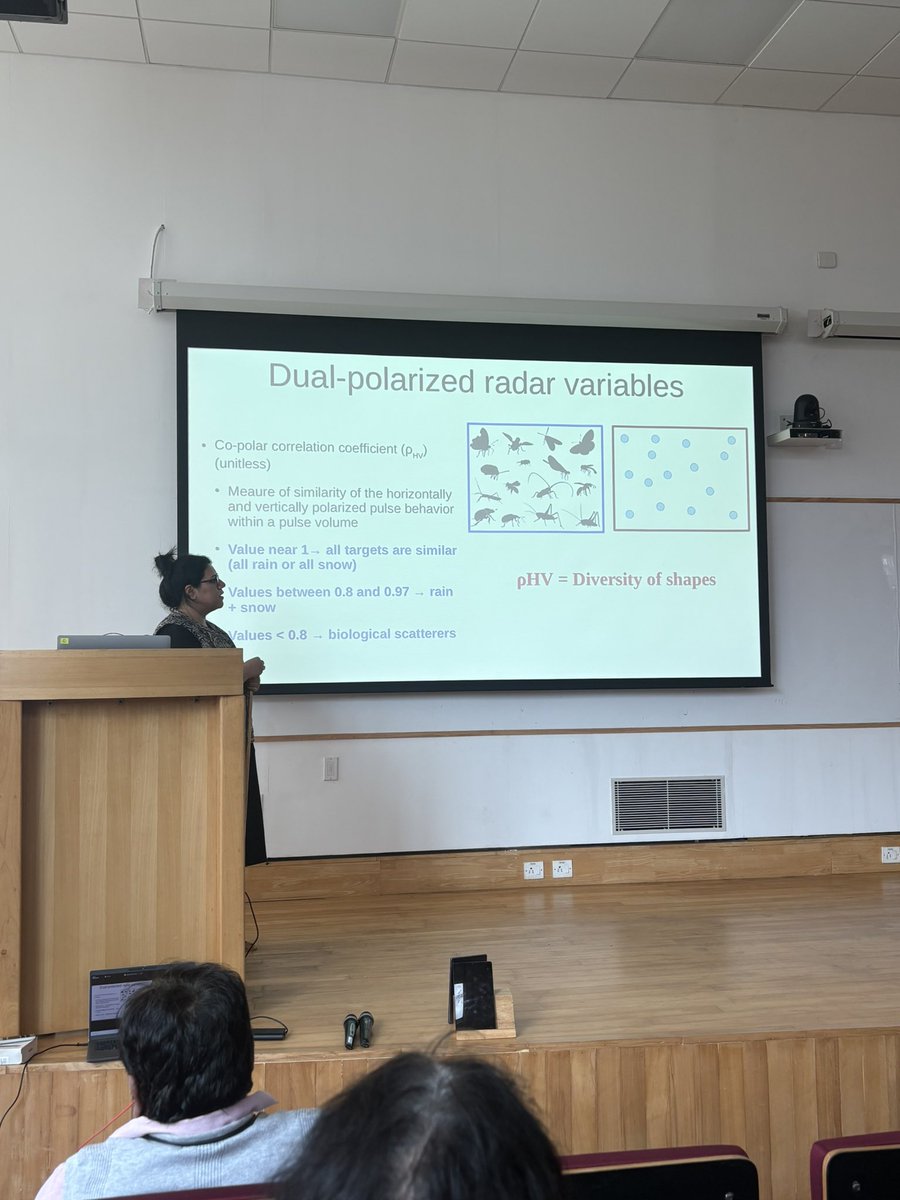
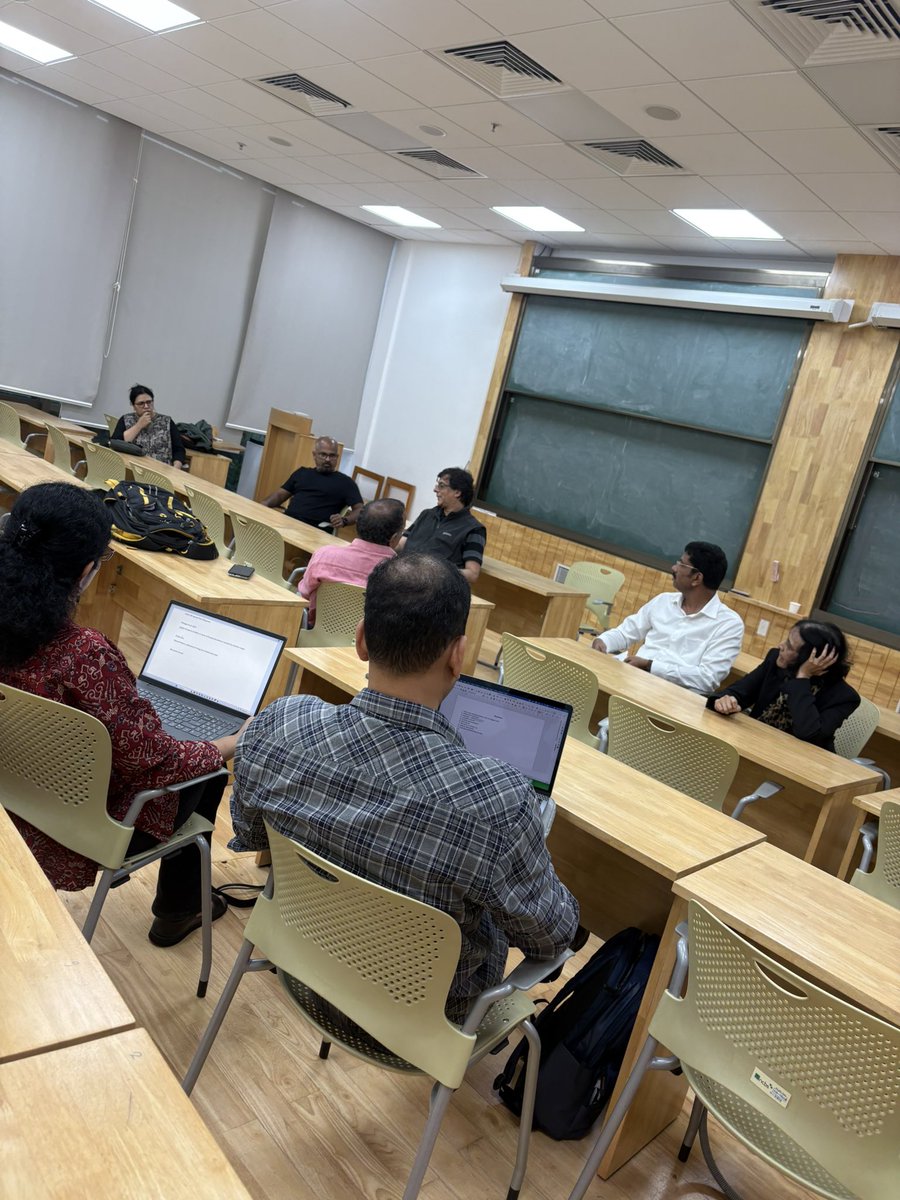
It was fun organizing this workshop!! I ended up learning so much
🐦⬛The recent workshop "Specimen-Based Research on Birds" brought 20 participants from all over the country for a hands-on experience on the critical techniques used in the study of bird specimens -ranging from collection & preservation to data analysis & ethical considerations.⬇️
Our work in the latest issue of @Ecol_Ent !
A trait-based understanding of the vulnerability of a Paleotropical moth community to predation by a sympatric bat with flexible foraging strategies 🦇 Available now in the current issue of #EcologicalEntomology doi.org/10.1111/een.13… @WileyEcolEvol @RoyEntSoc
In the stillness of the night in sub zero temperature we looked for the 'winter' moths, where the females are flightless and the males fly around looking for them as mates. Some experiences are impossible to forget! Two years ago in Finland, with @pasi_sihvonen

What a fun group! Not only moths, we ended up speaking about food, culture and other wildlife too! Thank you for having me, I will go back motivated and inspired :)
We had a very fun, interactive session with Dr. Pritha Dey @pritha126, from NCBS, where we got a sneak-peek into the world of moths, learnt how to identify some families and cool phenomena seen in moths. Now we have the motivation to write fun, non-academic articles too!!
#Workshop Birds in Focus: An Introduction to Specimen-based Research by @MFS_NCBS Register Here: docs.google.com/forms/d/e/1FAI…
This was fun! I personally learn a lot from interacting with kids
🦋Students from The Earth School, Bengaluru had a blast exploring butterflies and grasshoppers during their visit to the Research Collections Facility @MFS_NCBS ! 🦋🦗 A wonderful experience as part of #BigButterflyMonth filled with curiosity and fun learning! (1/2)
🦋 September is #BigButterflyMonth! 🦋 We kick off the celebrations with a visit from students of the Foundational School, Gunjur, to our Research Collections Facility. Experts Pritha & Tarun from the facility guided them through the fascinating world of butterflies. (1/3)🧵👇
A womans safety is the job of her govt, her administration, her institutions, her faculty, her education systems, her authorities, her courts, her country to enforce and systemically guarantee. It should have nothing to do with her hours, wardrobe or anything else. It’s OUR job.
Career update 🚨: Starting today as the Scientist-in-charge of the Research Collections @NCBS_Bangalore :) Looking forward to fostering research collaborations and expanding the role Natural History specimens in biodiversity research!!
A beautiful and simply explained account of how moths use stellar light to navigate, and how our street lamps and home-lights mess things up for them. @getjonwithit is a light worth following.
Moths are attracted to lights because of the same mathematics that underlies twistor theory and compactification in theoretical physics: projective geometry. It all starts from a simple observation: translations are just rotations whose center is located "at infinity". (1/11)